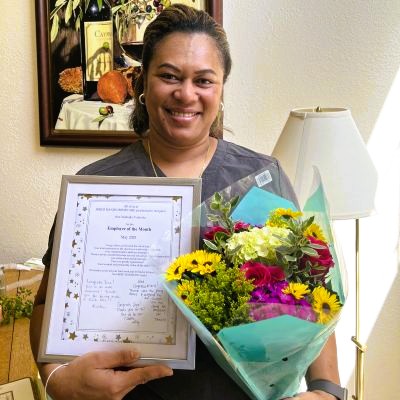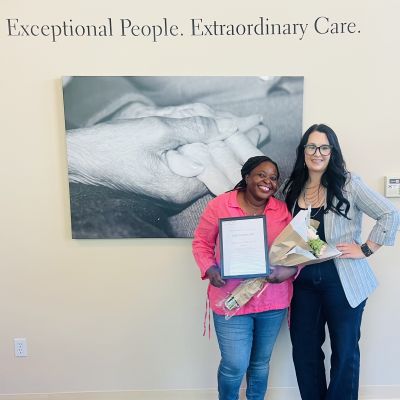How to Empower Seniors to Take Control for Better Chronic Health Care


Seniors know best what they’re dealing with; empower them to take control of their chronic health care needs.
When it comes to chronic health care, seniors are the experts, hands down, with up to three out of four seniors affected by a number of conditions that are ongoing, necessitate long-term medical treatment, and place restrictions on activities. With the never-ending barrage of bloodwork as well as other tests, physicians’ appointments and procedures, and medications, managing chronic diseases usually takes both a physical and emotional toll, and may quickly become daunting.
Dr. Mary Tinetti, chief of geriatrics and internist at Yale School of Medicine, said, “Once you get three, four, or five and six diseases, several things happen: Number one, almost guaranteed, trying to get one of these diseases under control is going to make one of the other diseases worse. Number two: The more we ask people to do, the more overwhelmed they get and the less they are likely to do.”
For these reasons, Dr. Tinetti has developed the Patient Priorities Care approach, with the objective to reduce the burden of treatment by empowering patients to voice their personal health care goals – identifying what matters most to them. A plan of care will then be created to successfully achieve those goals. For instance, one individual’s goal might be to boost quality of life in the short-term, whereas another person may seek to improve longevity of life. In addition, it takes into consideration activities the person enjoys and exactly how to discover a way for the person to continue to engage in them.
The Patient Priorities Care method builds upon the Minimally Disruptive Medicine strategy created ten years ago, which also seeks to relieve the burden of chronic condition treatment, but which did not include the key component of introducing input from patients to be aware of what means the most for them.
Ultimately, what many seniors ascertain is that they prefer to decrease “unwanted care,” which they believe requires more than the benefit they are going to receive, such as diagnostic tests and treatments. To that end, older adults and their families can take advantage of these valuable resources for more successful, self-directed care, including a discussion guide, summary of health priorities, and so much more.
At Hired Hands Homecare, the top-rated provider of senior care in Napa, CA and the surrounding areas, we’re completely committed to understanding what is most crucial to the older adults in our care, and to offering the level of care that can help them to thrive and attain their goals. It is why our care is fully customized, and always starts with discovering as much as possible about every individual and what his or her goals encompass – and then developing a plan of care that can help accomplish those goals. Give us a call at (866) 940-4343 to find out more.








Leave a Reply